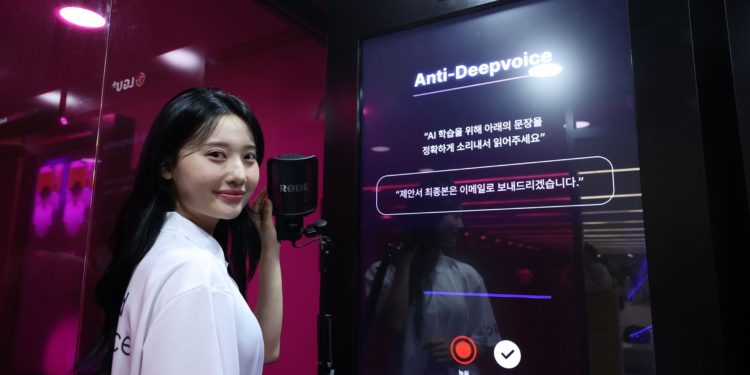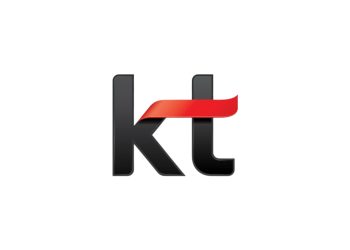LG Uplus has announced the world’s first commercial launch of an on-device AI solution designed to detect and block deepfake voice scams. The technology, called ‘Anti-DeepVoice,’ will be integrated into the company’s AI call assistant service, ixi-O, starting Monday. Unlike cloud-based systems, this on-device format ensures that voice data remains stored locally on the user’s smartphone, significantly enhancing privacy and reducing the risk of data leaks.
The new feature arrives amid a surge in voice phishing crimes that utilize AI-generated synthetic voices. LG Uplus said its Anti-DeepVoice technology analyzes speech patterns in real-time to identify manipulated or spoofed audio, alerting users to potential threats. First unveiled at the Mobile World Congress earlier this year, this rollout positions South Korea at the forefront of AI-driven security innovation.
To develop Anti-DeepVoice, LG Uplus trained its AI system on over 3,000 hours of voice data, representing close to 2 million phone conversations. The AI is designed to recognize subtle indicators of voice tampering—like odd pronunciation or abnormal audio frequencies—that typically occur in synthetic speech. Remarkably, the system is able to flag suspicious voices just a few seconds after a call begins, giving users a crucial early warning to prevent potential scams.
The detection engine integrates several proprietary technologies, including voice activity detection (VAD), speech-to-text conversion, and anti-spoofing analysis. These components work together to pinpoint whether a voice has been artificially altered. Optimized for low-power devices, Anti-DeepVoice runs entirely on smartphones without relying on cloud servers, helping preserve user privacy and ensure faster processing.
LG Uplus is also working on a broader suite of AI-driven security features under its ixi-O Guardian brand. These include a pre-call scanner that checks for high-risk phone numbers and a voiceprint recognition tool that compares incoming voices with a database of known fraudsters. The company is collaborating with the National Forensic Service and the Ministry of Science and ICT to test and refine these tools through Korea’s regulatory sandbox program.
Alongside voice protection, LG Uplus has developed Anti-Deepfake technology to spot manipulated faces in videos and images. By examining pixel textures, motion inconsistencies, and visual anomalies, the system can detect AI-generated media that might otherwise appear authentic. The company plans to expand this technology in the future to automatically flag or blur harmful or misleading content on smartphones.
With these initiatives, LG Uplus is aiming to establish itself as the most security-focused telecom provider in South Korea. The company’s approach highlights a growing trend in the tech industry toward ethical, privacy-preserving AI tools.
As deepfake-related crimes become more common, especially among vulnerable populations like the elderly, solutions like ixi-O could play a crucial role in safeguarding digital communication. The launch of Anti-DeepVoice and Anti-Deepfake goes beyond technological progress—it signals a new chapter in how telecom companies can actively contribute to public safety.
By focusing on real-time protection and on-device data processing, LG Uplus is setting a global benchmark for ethical AI use. This approach ensures users are shielded from emerging digital threats without compromising their privacy, offering a compelling model for telecom firms worldwide.
Looking ahead, LG Uplus plans to expand its AI security features in collaboration with financial institutions, aiming to deploy real-time phishing alerts by the end of the year.







